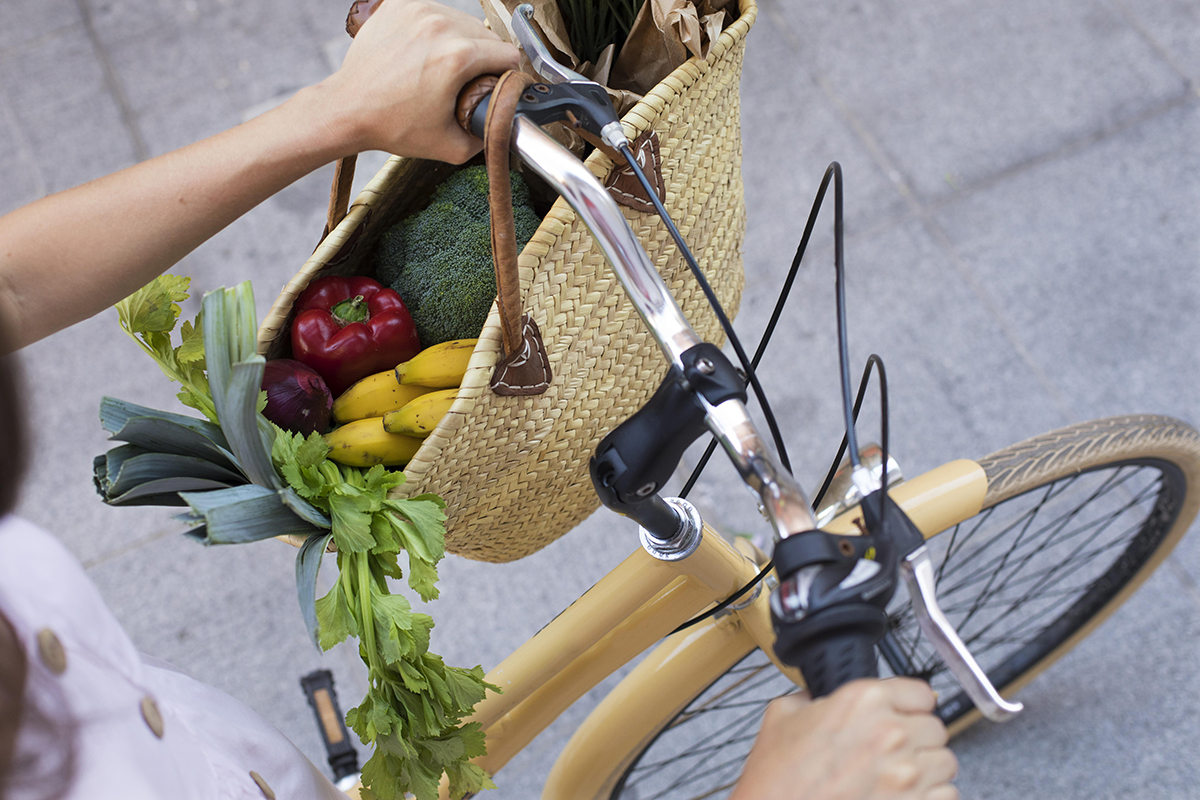The 4 Ks diet revolution
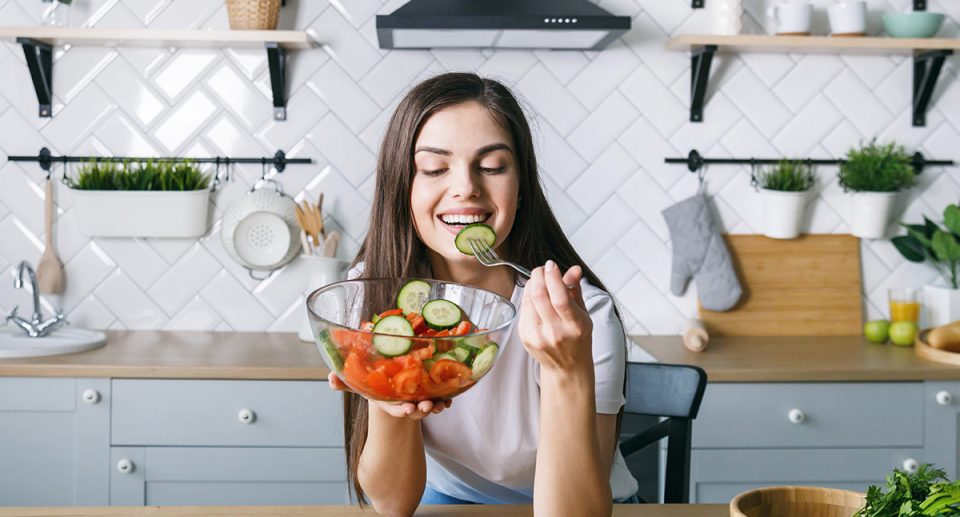
As the calendar turned to 2024, many individuals are curious about the latest trends and innovations in the realm of diets and nutrition. The pursuit of a healthier lifestyle is a perpetual journey for many, and each year brings new ideas and approaches to the forefront.
Whether you’re seeking a groundbreaking diet revolution, a sustainable eating plan, or simply interested in the evolving landscape of nutritional science, the coming year holds the promise of fresh perspectives. Let us introduce the 4 Ks diet revolution.
Put some ‘clothes’ on your carbs
Eating simple carbohydrates like plain pasta or cake leads to rapid glucose spikes in the bloodstream, causing cravings and energy crashes. This spike can result in inflammation, mitochondrial stress, exhaustion, poor sleep, and sugar cravings.
To counteract this, nutritionist Jessie Inchauspé recommends the ‘clothes on carbs’ approach, where adding protein, fat, or fiber to meals slows down glucose absorption. For example, combining pasta with spinach, chicken, and olive oil moderates the digestion process, reducing glucose spikes.
The same strategy applies to sweets; adding yogurt and almonds to cake or pairing grapes with cheese helps mitigate the impact on blood sugar levels.
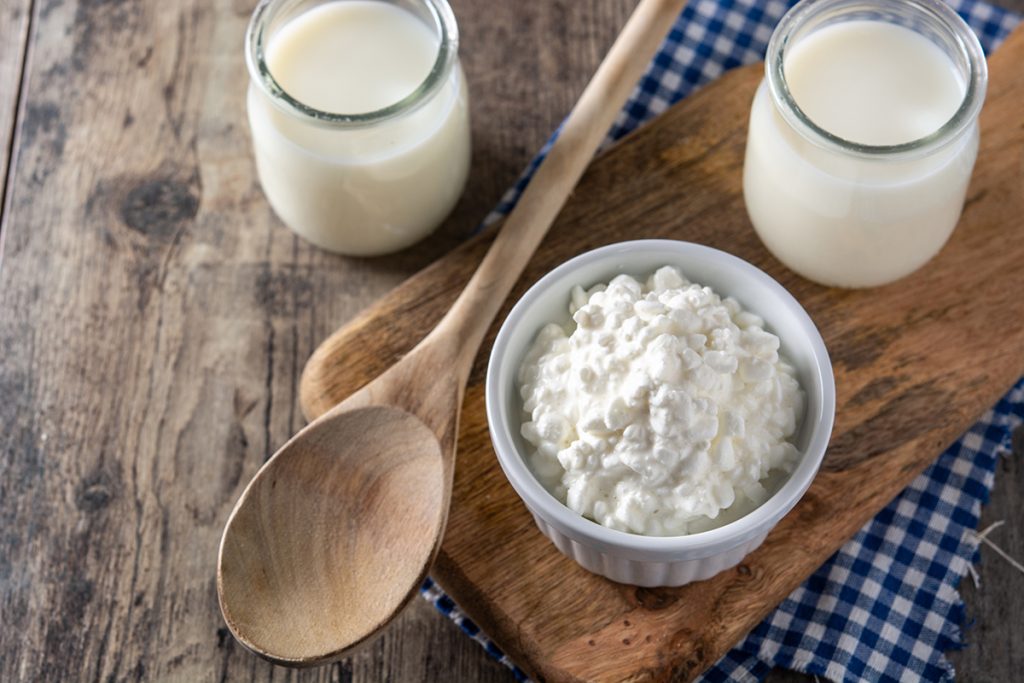
Opt for vibrant and abundant choices – Choose brightly colored foods for enhanced nutritional value
Opt for a vibrant and diverse diet revolution for enhanced nutrition – aim for a colorful plate by including a variety of fruits and vegetables. Tim Spector, epidemiologist and co-founder of personalized nutrition program Zoe, emphasizes the influence of diet and lifestyle on improving gut microbes, emphasizing diversity over volume.
Consuming 30 different plants weekly, including coffee as a fermented bean, is recommended. Choose bitter-tasting, brightly colored options rich in polyphenols like berries, nuts, seeds, and prioritize peppers and purple carrots.
For a healthier food system, Nick Mole from Pesticide Action Network advocates for structural changes and government support for organic farming. He suggests referring to fruits and vegetables with high pesticide residues, with peaches/nectarines, grapes, strawberries, cherries, and spinach topping the latest research.
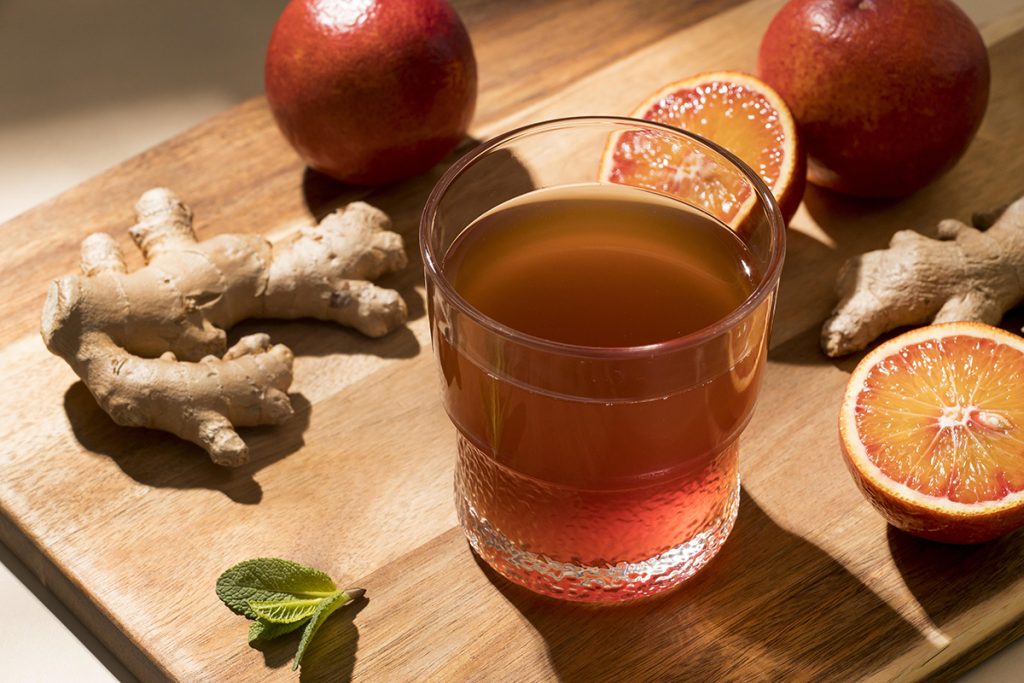
Begin with savory – Prevent sugar cravings by opting for savory breakfasts
Reconsider your morning routine by opting for a savory breakfast to avoid the glucose rollercoaster caused by sweet, starchy meals. According to Inchauspé, starting the day with sugar leads to continuous cravings. Instead, focus on protein-rich options like eggs, Greek yogurt, or meat to keep you satisfied for four hours.
Enhance with healthy fats and fiber, such as avocado, seeds, or vegetables. If you crave something sweet, consume it after a savory meal and choose whole fruits for their fiber content. Inchauspé warns against mistakenly considering fruit juices or smoothies as healthy, emphasizing their similarity to sugary drinks like cola.
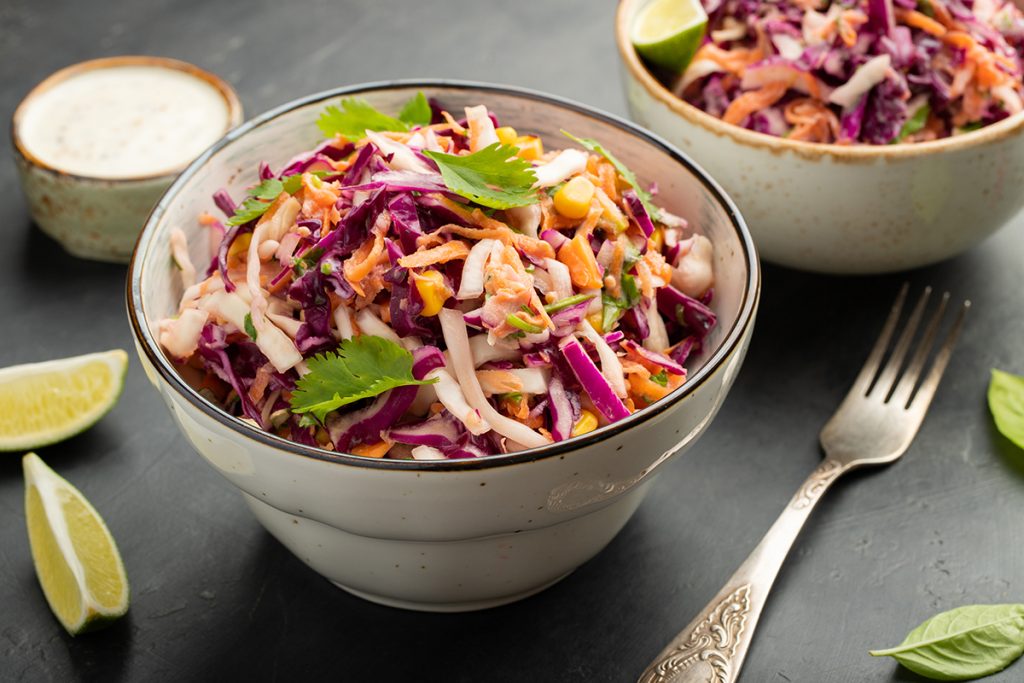
Prepare your own fast food – Craft homemade fried chicken and pizza
Chris van Tulleken, a University College London associate professor, distinguishes frozen pizzas from traditional Italian sourdough pizzas, noting even burgers can be healthy if not industrially produced. Convenience foods, identified by Henry Dimbleby as a ‘junk food cycle’, often lack soluble fiber, leading to overconsumption.
Cooking from scratch increases fiber and vegetable intake by 30%, benefiting gut health and the immune system. While ultra-processed foods are more accessible, homemade versions, such as air-fried dishes or wholegrain-crust DIY pizzas with homemade sauce and vegetables, offer healthier alternatives, reducing calorie intake and promoting overall well-being.
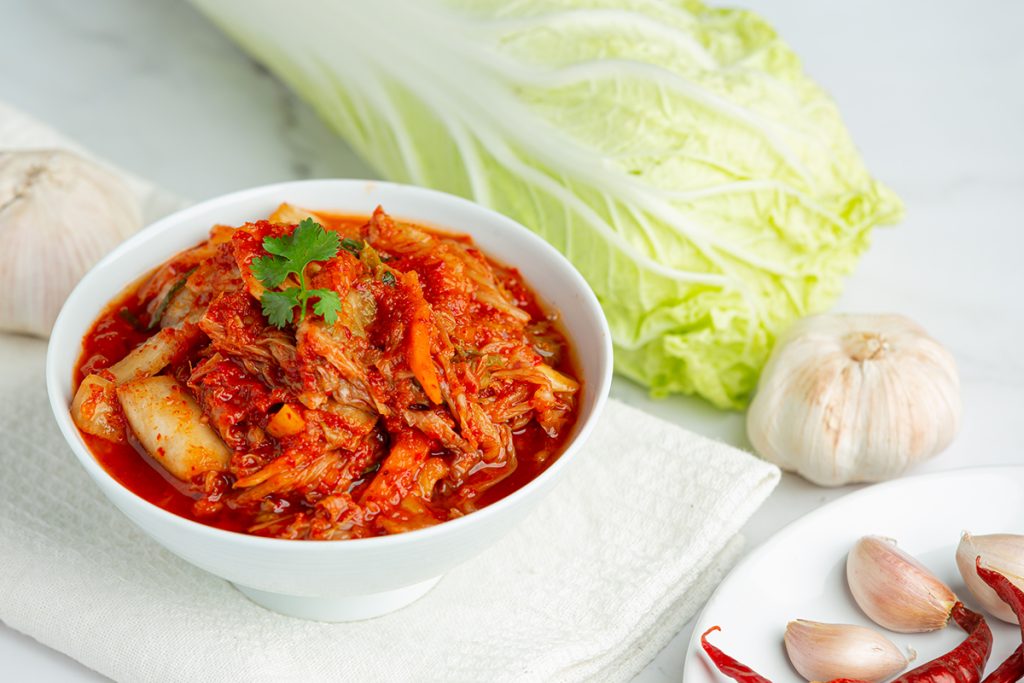
Create a Mediterranean-inspired kitchen – Embrace a plant-based diet with healthy fats
The quickest way to improve your diet is by cooking more meals from scratch. Kimberley Wilson, a chartered psychologist and author of Unprocessed, advises drawing inspiration from the Mediterranean diet, highlighting the significance of brain-boosting oily fish like sardines.
This plant-based diet, rich in nutrient-dense wholefoods, herbs, vegetables, and seafood, is associated with lower rates of cardiovascular diseases, dementia, and depression, as well as increased life expectancy.
Emphasizing healthy fats from sources such as olive oil, avocados, nuts, and oily fish, the Mediterranean diet encourages consuming fish twice a week, modest portions of other animal proteins, and limiting red meat while prioritizing fresh ingredients. Van Tulleken suggests buying more fruits and vegetables, batch cooking, and freezing portions.
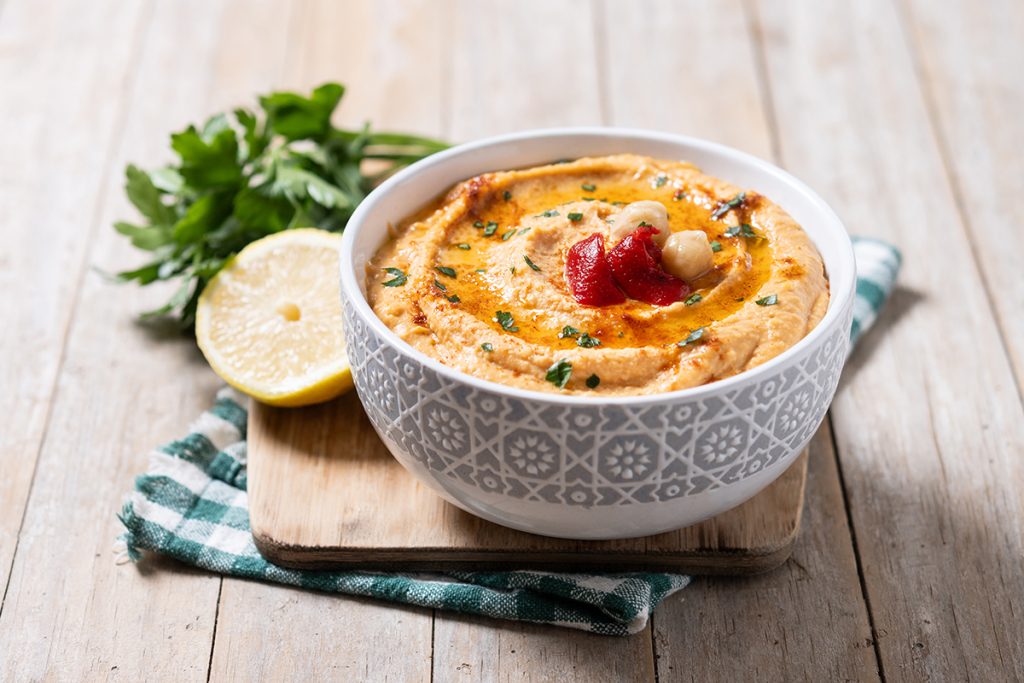
Replace UPFs with wholefoods – Enhance your diet with a banana
Ultra-processed foods (UPFs) like frozen pizza and microwavable lasagne, marked by uncommon ingredients, could benefit from warning labels, according to Chris Van Tulleken. Successful implementations in Chile and Colombia have influenced children to discourage their parents from purchasing such items.
A high UPF consumption is associated with health issues like type 2 diabetes, inflammatory diseases, cardiovascular disease, obesity, and dementia. A World Health Organization-backed study suggests that while wholefoods are preferable, certain UPFs, including fiber-rich bread and cereals, may pose reduced risks.
Encourage elevated fruit and vegetable intake beyond the standard recommendation, and make simple adjustments like adding sliced banana to cornflakes or incorporating leafy greens with store-bought sandwiches.
Support gut health with wholegrain rice, pasta, beans, and lentils, while promoting a diet rich in leafy green vegetables, green tea, and ample fiber to slow down brain aging.
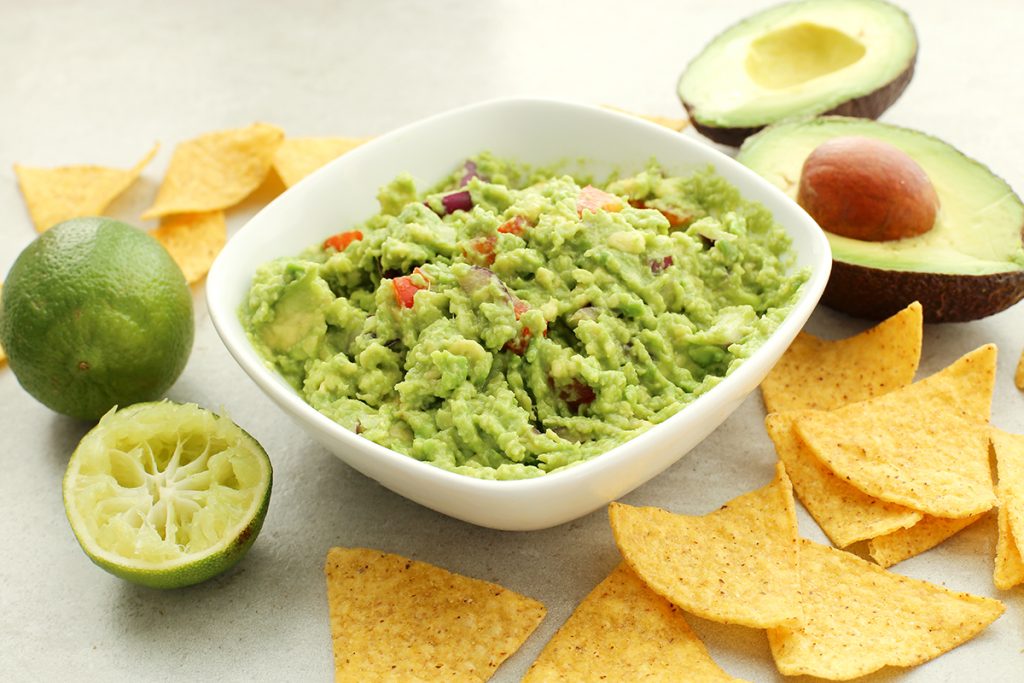
Nourish your gut with the 4 Ks – Indulge your gut microbes with kefir, kombucha, krauts, and kimchi
Due to poor-quality processed diets, antibiotic overuse, and sterile environments, we’ve lost nearly 50% of our gut microbe species compared to our ancestors, warns Spector. These microbes play a crucial role in digesting food, extracting nutrients, and supporting our immune system with vital vitamins.
The gut microbiome influences infection resistance, mood, and metabolism. Spector advises promoting microbial health by regularly consuming fermented foods like kefir, kombucha, krauts, and kimchi. He also supports intermittent fasting, suggesting a 14-hour break between meals to allow microbes to rest and rejuvenate.
To instill healthy habits from a young age, Wilson recommends involving children in food preparation. In Korean nursery schools, four-year-olds learn to make kimchi, fostering a connection that increases the likelihood of them consuming such nutritious foods.
Learn to crunch before you munch
Bring back the vegetable starter to boost fiber intake, says Inchauspé. Fiber supports gut bacteria, strengthens the microbiome, lowers cholesterol, and aids digestion. To introduce fiber early, Inchauspé recommends including vegetables before each meal.
Scientifically, starting with fiber allows it to reach the intestines first, creating a mesh that slows glucose absorption from later starches and sugars in the meal.
Inchauspé advocates returning to these traditional habits, suggesting a healthy, vegetable-based starter like crudites with optional hummus or guacamole for protein and fat, or antipasti such as olives.
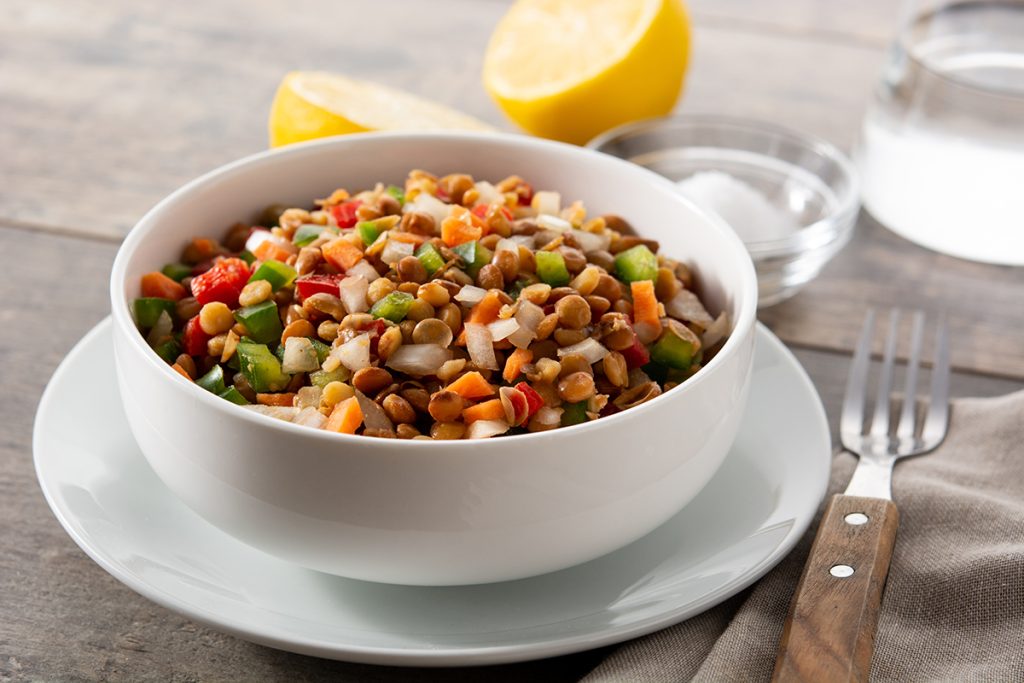
Consider peas and beans – Don’t underestimate their diet revolution value
A comforting bowl of split pea soup, mushy peas, or baked beans on sourdough toast is incredibly beneficial for gut health. Fiber and beans play a crucial role in maintaining the integrity of the gut lining and blood-brain barrier.
Kimberley Wilson suggests a national campaign to promote beans, advocating for a 90% increase in their consumption. Despite being staples like fava beans and lentils in past food history, they are often undervalued. Wilson urges a return to traditional cooking methods, embracing dishes like lava bread and home-cooked stews.
Pease pudding, with roots dating back to the Middle Ages, deserves a comeback, according to Wilson, likening it to Moroccan hummus. While a dish made with split fava beans is perceived as an exotic Mediterranean meze, it’s essentially pease pudding enjoyed by many Europeans. Wilson asserts that traditional food isn’t detrimental to health; it simply needs better publicity.



















